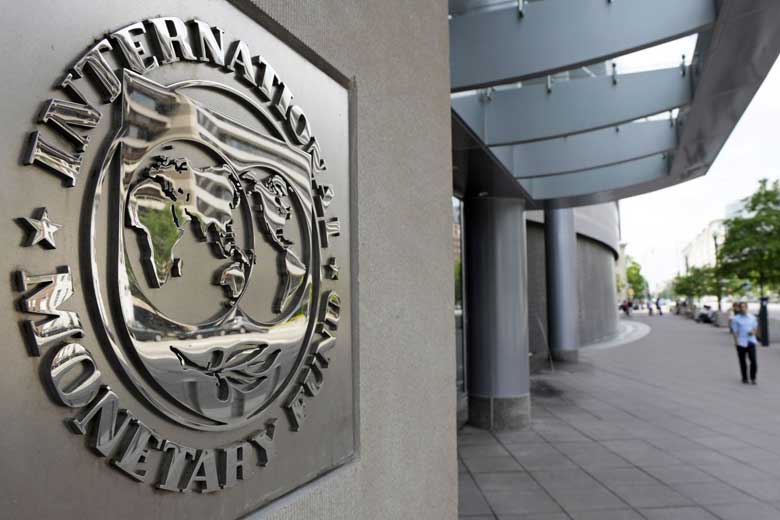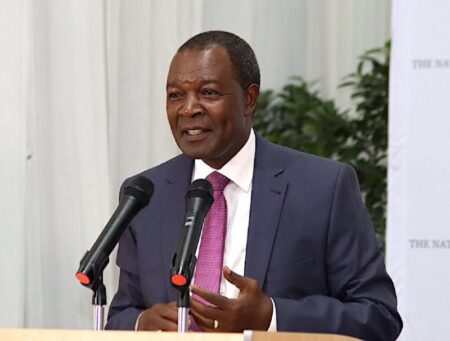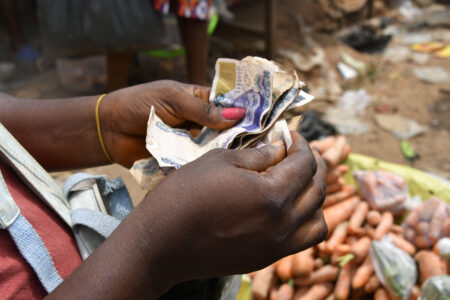The International Monetary Fund (IMF) has urged Botswana to start a fiscal consolidation programme in 2020 to reduce the budget deficit and contribute to a gradual rebuilding of its buffers.
“While Botswana still has some fiscal space that allows a gradual adjustment, fiscal consolidation should start in 2020, supported by both revenue and expenditure measures,” said the IMF.
IMF said the composition of the adjustment needs to be carefully calibrated to minimise the impact on competitiveness, growth and the most vulnerable in advancing consolidation.
By 2036, Botswana wants to do away with the model its economy being heavily reliant on mining and government expenditure as the country strives to become a knowledge-based economy and gain high-income status through the private sector and exports.
According to the IMF, this switch will spur a need to redo the macro-economic policy frameworks so as to increase the resilience of the economy and accelerate the implementation of supply-side reforms.
Also Read: World Bank, IMF biggest winners in Kenya’s interest rates cap repeal
These reforms include more state revenue mobilisation through broadening the tax base and advancing tax reform, public financial management reforms which will enhance the efficiency of spending, reforming parastatals and other extra-budgetary entities through enforcing compliance to best governance practices and strengthening their monitoring and accountability and revamping the debt management framework.
In 2019 the IMF said it expects Botswana’s economy to slow to about 3.5%, due to weaknesses in the diamond market, a severe drought and slower growth in neighbouring countries (Namibia and South Africa). And in 2020, Botswana is expected to rise to 4.2% as the diamond market goes back to normal and copper production comes into a stream.
Botswana’s inflation is expected to be low, while its current account as well is projected to move to negative territory.
The country’s fiscal deficit is expected to reach 5.6% per cent of the gross domestic product due to lower-than-expected revenue, higher-than-expected increase in public wages and another recurrent spending.
“Despite these challenges, the banking sector remains well capitalised and liquidity has improved,” the IMF said.
The fund also suggested that supply-side policies should focus on modifying industrial policies with a view to promoting competitiveness, improving the business environment and reducing the government footprint within the economy.











